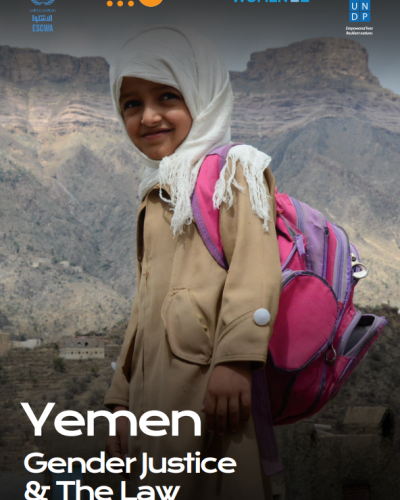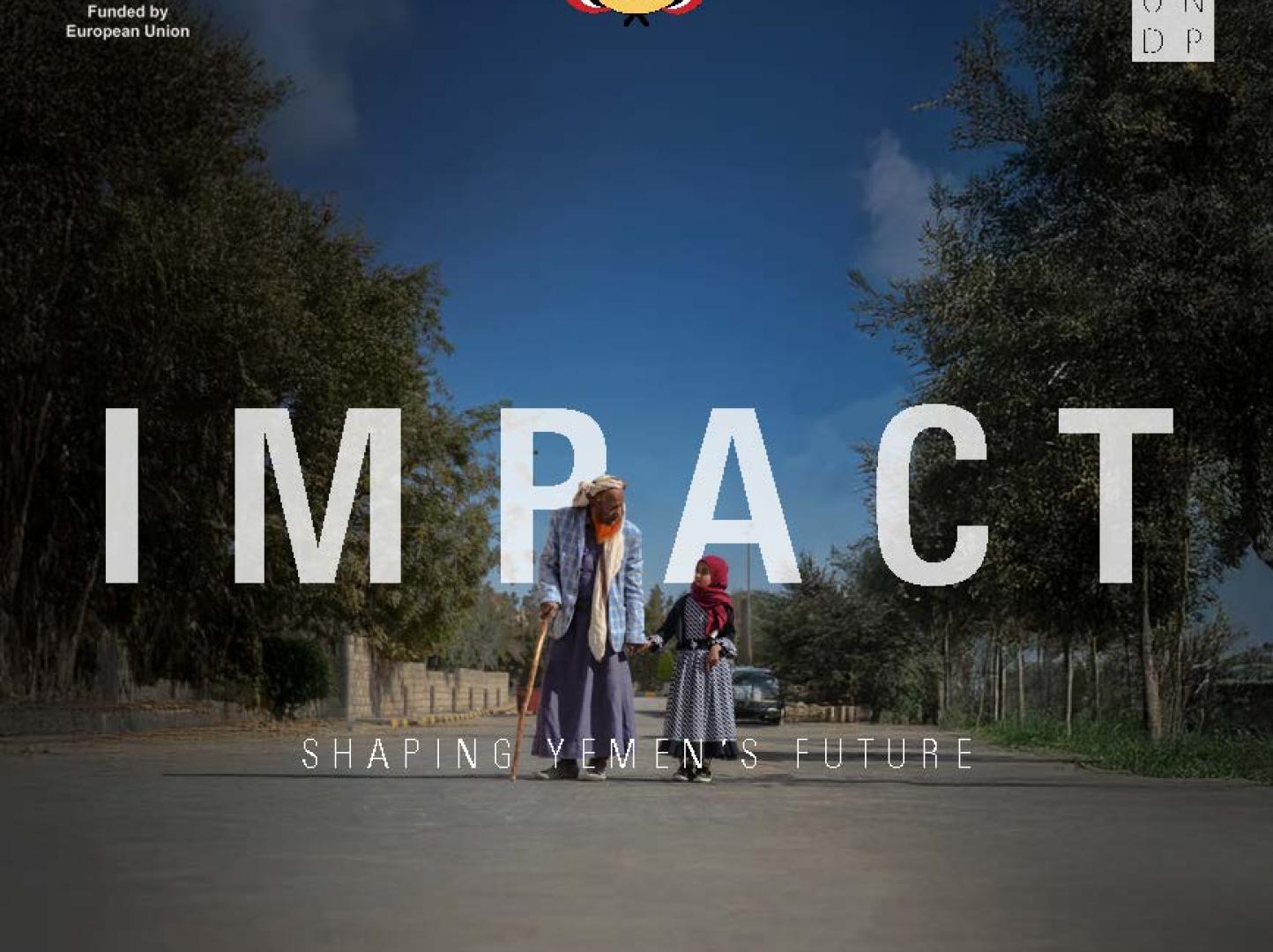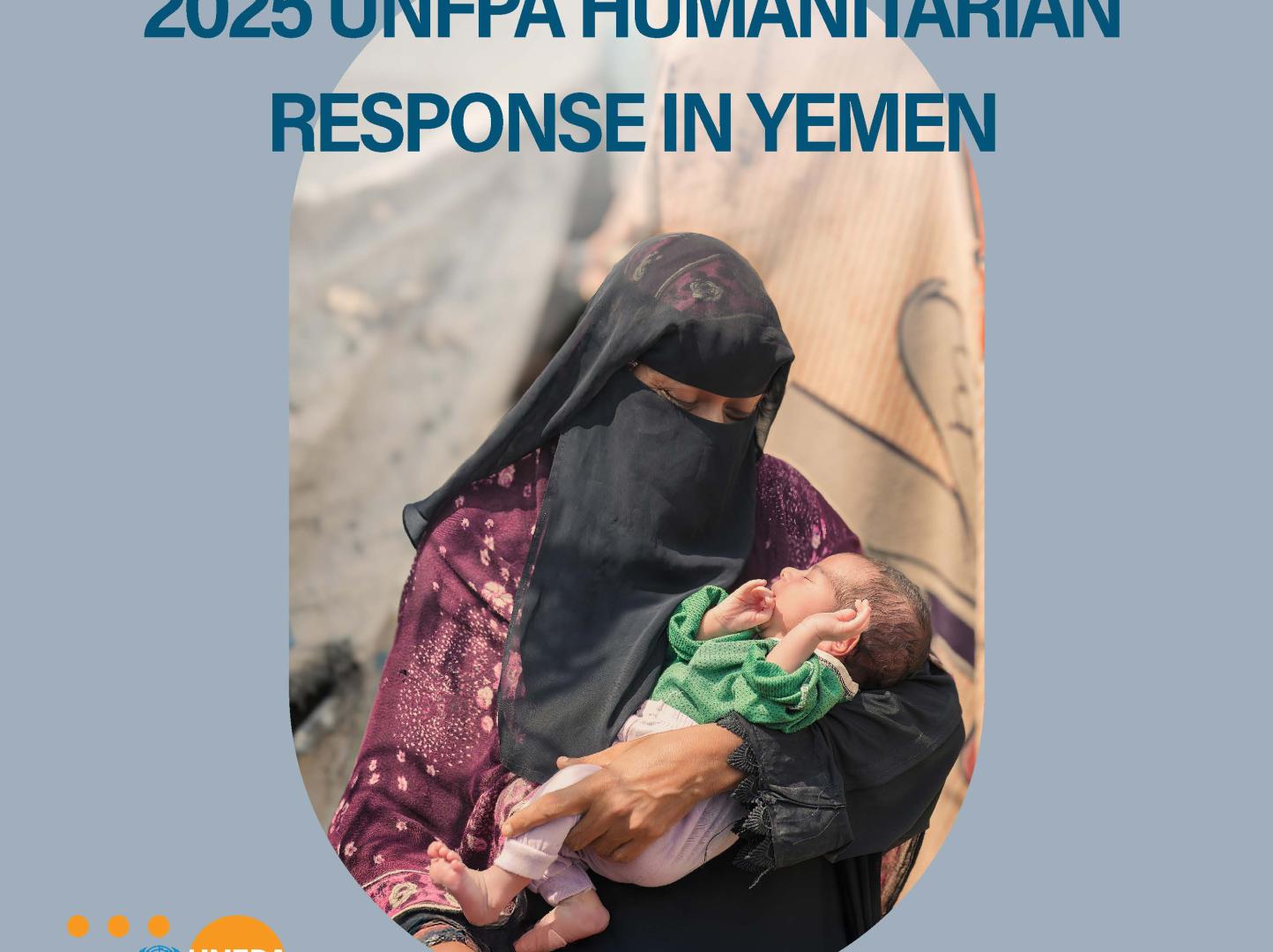Gender Justice & the Law: Yemen

The United Nations Development Programme (UNDP), in collaboration with the United Nations Entity for Gender Equality and the Empowerment of Women (UN Women), the United Nations Population Fund (UNFPA) and the United Nations Economic and Social Commission for West Asia (ESCWA), has conducted a study on Gender Justice and the Law in the Arab States region to provide a comprehensive assessment of laws and policies affecting gender equality and protection against gender-based violence in the Arab states region.
This study and its conceptualization adhere to the concept of human development and to the principle that gender justice is fundamental to human development. Human development – as defined by the first UNDP Human Development Report and building on Amartya Sen’s work on “Development as Freedom” – is “the process of enlarging people's choices,” and thus allowing them to “lead a long and healthy life,12 to be educated, to enjoy a decent standard of living” as well as to have “political freedom, other guaranteed human rights and various ingredients of self-respect."
The study is composed of an introductory piece that describes the background, rationale, analytical framework and methodology, and a total of 18 country profiles. Each country profile maps the country’s key legislative and policy developments regarding gender justice. This country profile presents the findings of the study relating to Yemen.
The report provides an analysis of whether the country’s laws and policies promote or impede equality between women and men before the law, and whether they provide protection against gender-based violence.
This country profile includes analysis of the following areas of the law:
• Constitutional guarantees of gender equality and constitutional protections against gender-based violence
• Status of penal codes and whether the country has domestic violence laws that address gender-based violence
• Status of personal status codes and how they impact gender equality
• Status of nationality laws and whether they ensure that women and men enjoy equal rights in relation to citizenship
• Status of labour laws and whether they provide protection from discrimination and gender-based violence in the workplace










